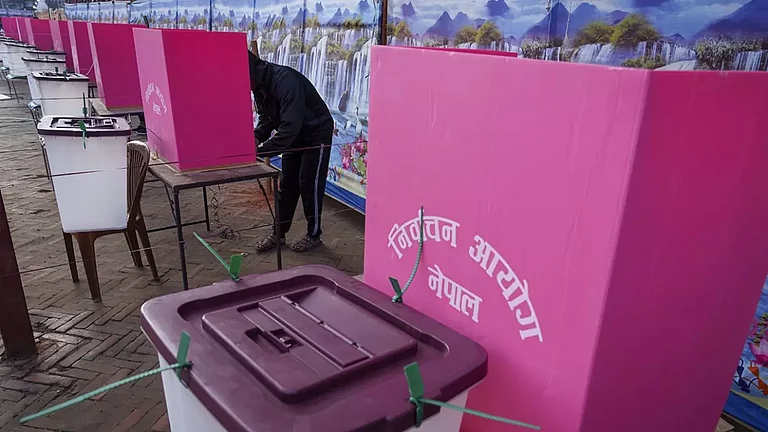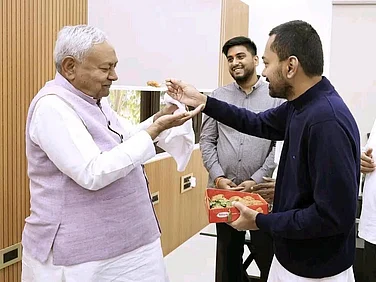The Supreme Court on Monday, refused a plea by witnesses in a motor accident case from West Bengal to transfer the case to Siliguri from UP on account of language problem, saying that Hindi was the national language of India. However, according to the Constitution, India does not have a national language. Under the Eighth Schedule of the Constitution, there are 22 designated official languages, including Bengali, Kannada, Tamil, Telugu and Malayalam.
In his order Justice Dipankar Dutta said, “There are at least 22 official languages. However, Hindi being the national language, it is expected of the witnesses who would be produced by the petitioner...to communicate and convey their version in Hindi.”
Supreme Court's order
Justice Dutta was hearing a plea seeking transfer of a motor accident case pending in Motor Accident Claims Tribunal in Uttar Pradesh’s Farukkabad to the tribunal in West Bengal’s Darjeeling.
The petitioner had contended that as the accident had taken place in Siliguri, it would be convenient if the hearings were held in the Darjeeling tribunal. The plea added said that since all witnesses of the petitioner were from Siliguri, language could be a barrier in the Uttar Pradesh tribunal.
However, Dutta dismissed the request saying, “If the contention of the petitioner is to be accepted, it is the claimants who would be seriously prejudiced not being in a position to communicate and convey their version in Bengali."
National Language
As per the Official Languages Act, 1963, which provides for the languages which may be used for the official purposes of the Union, for transaction of business in Parliament, for Central and State Acts and for certain purposes in High Courts, both Hindi and English are to be used by the Government in most administrative documents that are intended for the public.
A similar row erupted after Union Home Minister Amit Shah during a meeting of the Committee of Parliament on Official Language on August 4, said that Hindi must be accepted without opposition even if the pace of the acceptance is slow, according to The Hindu. The Home Minister also said that Hindi is not in competition with other languages and the nation will be empowered only by promoting all Indian languages.
Tamil Nadu Chief Minister MK Stalin condemned Union Home Minister Amit Shah's speech and said that “Igniting the embers of the '1965 Anti-Hindi Imposition Agitations' would be an unwise move."





















